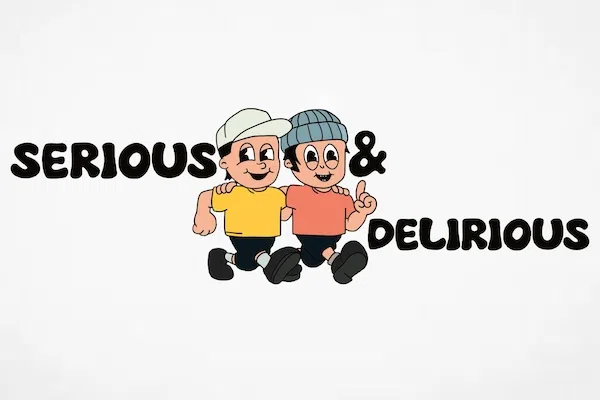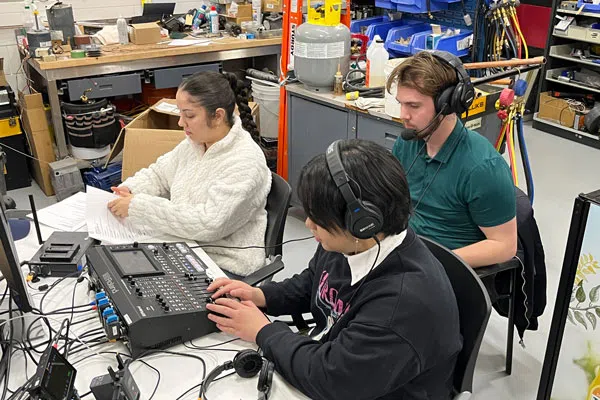
Edward Scissorhands official poster depicting the character Edward (Johnny Depp).
This Halloween, I decided to participate in the well known tradition of watching a Halloween movie. While browsing my favourite streaming site, I came across Edward Scissorhands directed by Tim Burton released in 1990. Of course I’d heard of the movie, it’s a cult classic, but I had never actually watched it. I was under the impression it was an old campy horror movie. But regardless I gave it a go. And I fell in love.
As a broadcasting student, I’ve always had a strong interest in films. I’ve been known to pay way too much attention to the inner workings of movies; from the writing, to the production strategies. I think Edward Scissorhands has some phenomenal use of production like special effects and sets, but today I’m going to focus on the writing aspect. Specifically, the writing of the main character: Edward.
For context, the movie features a ‘creation’ known as Edward (Johnny Depp) who has scissors for hands and has been locked away in a mansion away from civilization for his entire life. The movie then follows his journey as he is taken back into society by a middle aged woman played by Dianne Wiest. My initial impression of Edward was “oh this is a child.” Not in the physical sense—Edward is very much an adult—but his knowledge and innocence is that of a child. He knows nothing of the world and often reacts to it in a very childlike way. However, my perception of Edward changed as the movie progressed and he grew more confident and knowledgeable. Edward is a pretty surface level metaphor for anyone considered an “other”. This includes racial minorities, LGBTQ+ people, the mentally ill, and most strongly: disabled and neurodivergent people. One scene that comes to mind is when a barbeque is hosted, and one of the neighborhood men tells Edward in regards to his scissor hands “don’t you let anyone tell you that you have a handicap.” And mentions his own prosthetic leg. Edward’s experiences are very relatable to people outside of society’s norms. There are scenes where he is easily taken advantage of by the people he is supposed to be able to trust. Or there is the way that his abilities are praised and loved until they become inconvenient to the neighbourhood. His scissor hands are only good if they’re giving haircuts, not accidentally cutting someone. It rings very similar to “we support mentally ill people as long as we don’t have to actively acknowledge the parts we don’t glamourize”.
All in all I find Edward to be an incredibly compelling character. And while I could talk forever about this movie, I’ll have to wrap it up for now. If you haven’t gotten a chance to watch this movie, I can’t recommend it enough. It gets a solid 5 stars from me. If you want to learn more, you can find the IMDB here.



Comments